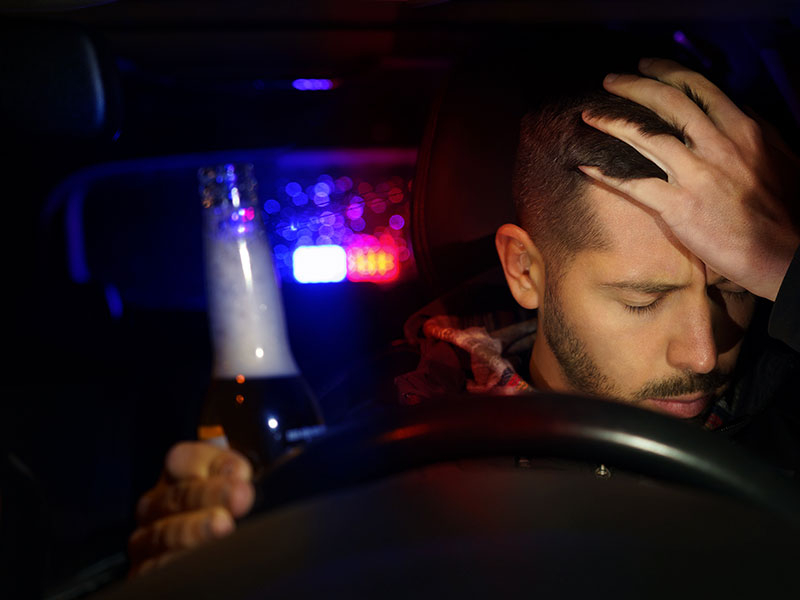
Overwhelmingly, this is the question that I’ve been asked most in my career. This answer will presume that the driver has possibly consumed too much alcohol to drive. The goal is to limit the evidence of intoxication available to the officer and stop an arrest. In other words, an officer may arrest a suspected driver only if they have a certain level of evidence called probable cause. Everything an officer asks you to do is designed to obtain evidence against you. You must keep the evidence of intoxication below that level. This article covers the question, “how do I avoid a drunk driving (DUI) arrest?”
Charged with drunk driving? Unhappy with your current attorney? Request a free consultation now.
There are three primary methods to accomplish this objective:
1) Don’t admit to any alcohol consumption, and speak as little as possible.
2) Refuse to submit to any eye, balance, speech or coordination tests.
3) Don’t take the roadside breath test.
Deny that you have been drinking
An OWI investigation always begins with the question “How much have you had to drink?” No matter what, never admit to having any alcohol. Even if you think it’s obvious that you’ve been drinking. As soon as an officer hears an admission, he must proceed with an entire OWI investigation protocol. If you say none, and an officer is inclined to do so, he will be much more likely to send you on your way. Any other answer just adds to the level of probable cause.
Do not take field sobriety tests
The next investigative protocol is the administration of field sobriety tests which are typically comprised of five tests: horizontal gaze nystagmus, walk and turn, one leg stand, alphabet and count backwards. Each test is designed for you to fail if you’ve consumed a slightly intoxicating amount of alcohol. Additionally, they’re subjectively being evaluated by a police officer, which means they’re looking for reasons for you to fail.
Unless you’re perfect, you’ll fail and just provide more probable cause, so why even attempt? These tests are designed to hurt you and your case, so never take them.
Do not take the PBT
This is the source of the most confusion because it’s widely believed that if you refuse this test, your license will be suspended, which isn’t true. Your license will be suspended if you refuse after an arrest in the police station, not on the street. The penalty for refusing the PBT on the street is the issuance of a zero point civil infraction and a fine, that’s all. Therefore, taking this test will only serve to raise the level of probable cause. The result of this test is often times the primary factor that creates the level of probable cause necessary for an arrest. Over .08 equals under arrest. Unless you’re 100% certain you’ll be below .08, don’t take it.
Next steps if faced with an OWI Arrest in Michigan
If you’ve followed these rules you’re much more likely to be under the probable cause level, and legally, the officer must let you go. One of my clients observed these rules and the officer made him park the car and walk, which is much better than a DUI arrest and conviction.
If you’re arrested without probable cause, the arrest is unlawful and your case will be much easier to defend by an experienced OWI attorney like those on our team.
If arrested, you’ll be asked to take another alcohol test, which may be blood or breath, but it will usually be a breath test. Refusing this test will result in a one year license suspension. I advise you to take this test and avoid the license suspension.
These suggestions are only meant to be a general summary of advice, and they may not perfectly apply to every situation. Follow these steps and you have your answer to the question, “how do I avoid a drunk driving (DUI) arrest?”
Charged with drunk driving? Unhappy with your current attorney? Request a free consultation now.
